Freedom for your users: Explore the world with Windows Server 2008 R2 User CAL
The Windows Server 2008 R2 User CAL (Client Access License) is a type of licensing that allows specific users to access the services and features of Windows Server 2008 R2 . Unlike the Device CAL, which is licensed on a per-device basis, the User CAL is tied to individual users regardless of the device from which they access the server. This licensing option is ideal for organizations and businesses with a large number of users who may need to access the Windows Server 2008 R2 from different devices such as desktop computers, laptops, or mobile devices . The User CAL offers flexibility and mobility as a single user can access the server resources from any device as long as they have a valid User CAL. The Windows Server 2008 R2 User CAL covers a wide range of server services and features including file sharing, print services, directory services, network access protection, remote desktop services, and more. It enables users to collaborate and communicate seamlessly by ensuring a consistent experience when accessing the server across different devices.
The User CALs are specifically designed for use with the Windows Server 2008 R2 operating system and can be purchased either as individual products or as part of license packages. Organizations should ensure that they purchase enough User CALs to cover the number of actual users who will access the server. Another benefit of the Windows Server 2008 R2 User CAL is that it facilitates job changes or employee turnover within an organization. If a user leaves the organization, the User CAL can easily be transferred to another user who will take their position, provided the license is assigned to only one user and is not tied to a specific device.
Using Windows Server 2008 R2 User CALs offers companies the opportunity to efficiently manage their users’ access rights and ensure compliance with licensing regulations. Per-user licensing offers flexibility, scalability and mobility to meet the increasing demands of modern IT infrastructures while ensuring a seamless user experience.
Who is Windows Server 2008 R2 User CAL suitable for?
Windows Server 2008 R2 User CAL is suitable for a wide range of users and organizations.
Here are eight categories for which this type of licensing may be particularly relevant:
- Companies with remote employees : Companies that have a large number of employees working from home or other remote locations can benefit from the User CAL. The license is tied to the user regardless of the device they access the server from. This allows the remote employees to access the server resources from their personal devices.
- Creative and IT industries : In industries such as graphic design, web development and IT consulting, where professionals often work with multiple devices, the User CAL facilitates seamless access to the server and enables flexible collaboration on projects.
- Educational Institutions : Schools, universities and educational institutions that have a large number of users accessing different devices can benefit from the User CAL to enable students and teachers to access server services seamlessly.
- BYOD (Bring Your Own Device) organizations : Organizations that have BYOD policies can use the User CAL to allow employees to access server resources from their personal devices without the need for additional device-based licenses.
- Small businesses and startups : Smaller businesses without a complex network can benefit from the User CAL because it allows employees to access the server from their own devices, thus reducing costs for additional hardware.
- Companies with shared workstations : Companies that have shared workstations can benefit from the User CAL because the license is tied to the user, allowing multiple employees to access the same server from different workstations.
- Medical Facilities : Hospitals and medical facilities where doctors and nurses work with various devices can use User CAL to enable access to medical data and resources.
- Non-Profit Organizations : Non-profit organizations and non-profit organizations can benefit from the User CAL to provide their employees and volunteers with access to server resources while controlling licensing costs.
Basically, the Windows Server 2008 R2 User CAL is a flexible licensing type that supports organizations of all sizes and types by enabling access to server resources for different users regardless of the devices used, while ensuring efficient licensing management.
Hardware requirements for Windows Server 2008 R2 User CAL
The Windows Server 2008 R2 User CAL (Client Access License) itself has no specific hardware requirements because it is a licensing option and is not a physical or digital component. The User CAL allows specific users to access the services and features of Windows Server 2008 R2, regardless of hardware specifications.
The hardware requirements refer to the Windows Server 2008 R2 operating system itself, on which the User CALs are applied.
Here are the minimum requirements to run Windows Server 2008 R2 :
- Processor : At least a 1.4 GHz (x64) processor, but a 2 GHz or faster processor is recommended.
- Memory (RAM) : Minimum of 512 MB of RAM, but 2 GB or more is recommended. Windows Server 2008 R2 supports a maximum of 32 GB of RAM on x64 Standard editions and 2 TB of RAM on Enterprise, Datacenter, and Itanium-based systems.
- Hard disk space : At least 32 GB of free space. However, more space may be required if the system has a large number of roles installed.
- Graphics and input devices : VGA monitor and a mouse or compatible pointing device.
- Network : Network adapter with Internet access for downloading updates and communicating with other servers.
Please note that these are the minimum requirements and in practice higher hardware requirements apply for efficient and smooth operation. Actual requirements can vary greatly depending on the type of applications and services hosted on the server. It is important to ensure that the Windows Server 2008 R2 meets the hardware specifications to ensure optimal performance and stability, especially if a large number of users will be accessing the server via User CALs.

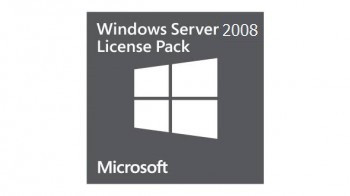
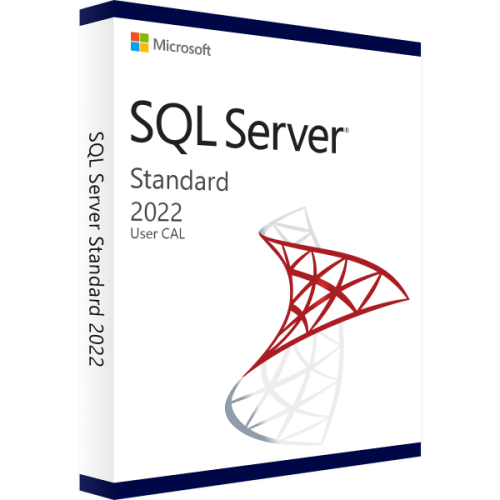
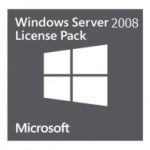
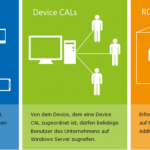
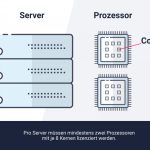
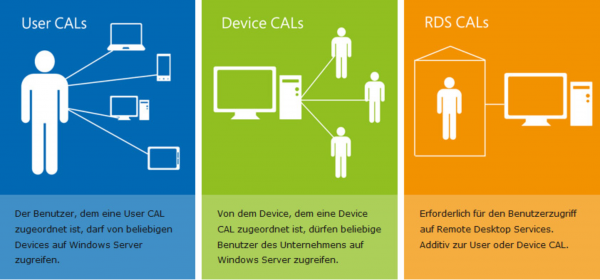

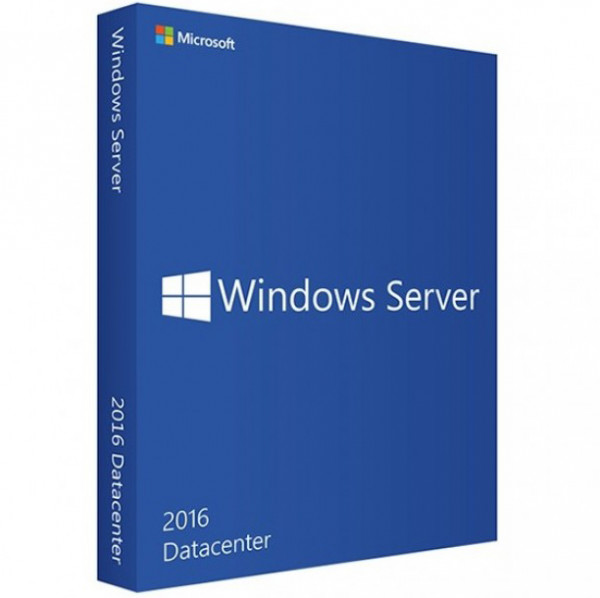
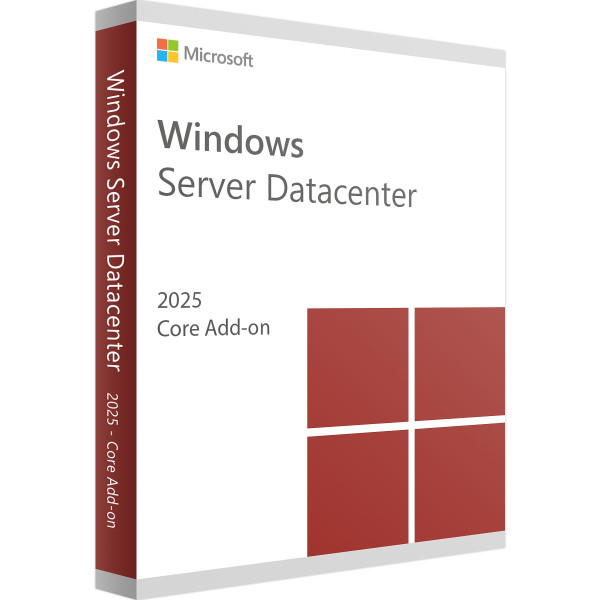
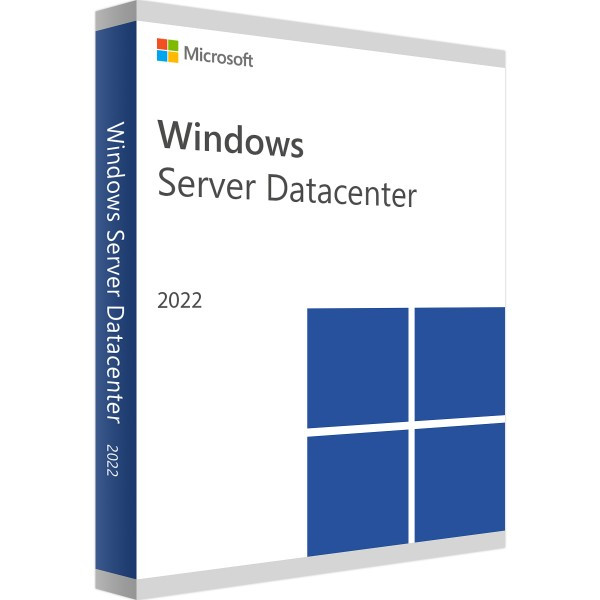
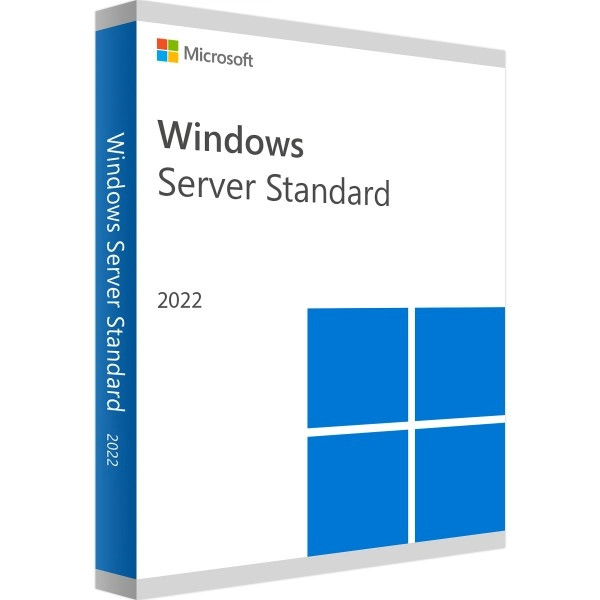
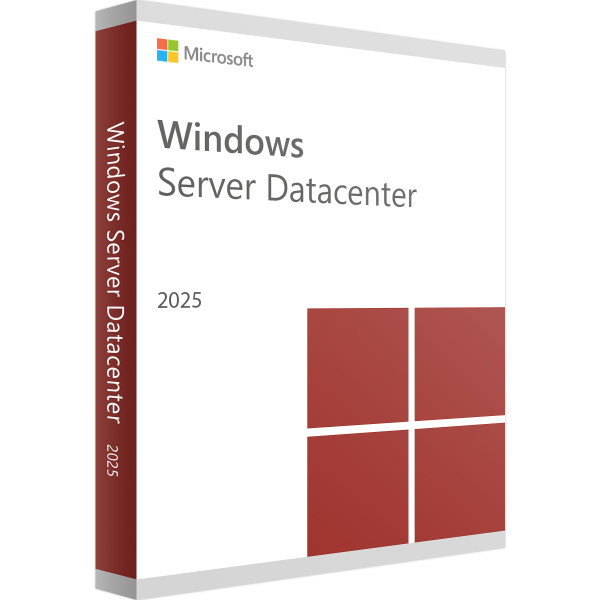
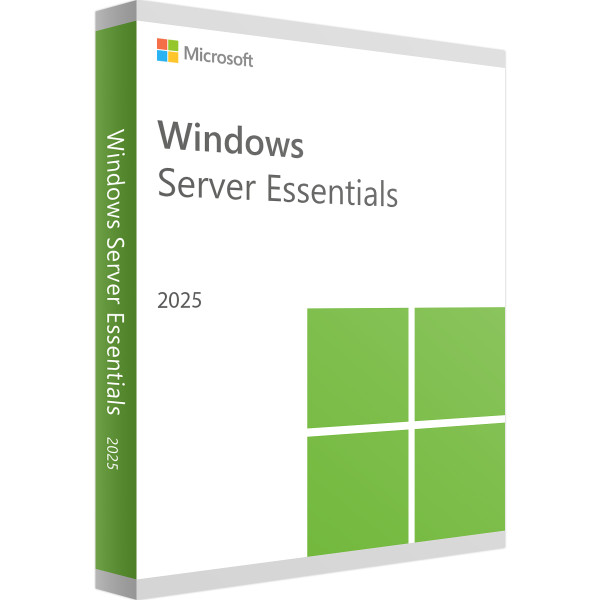
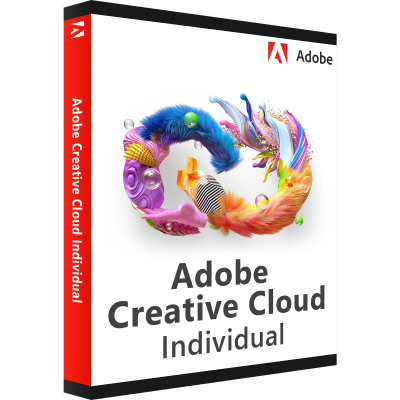
Reviews
Clear filtersThere are no reviews yet.